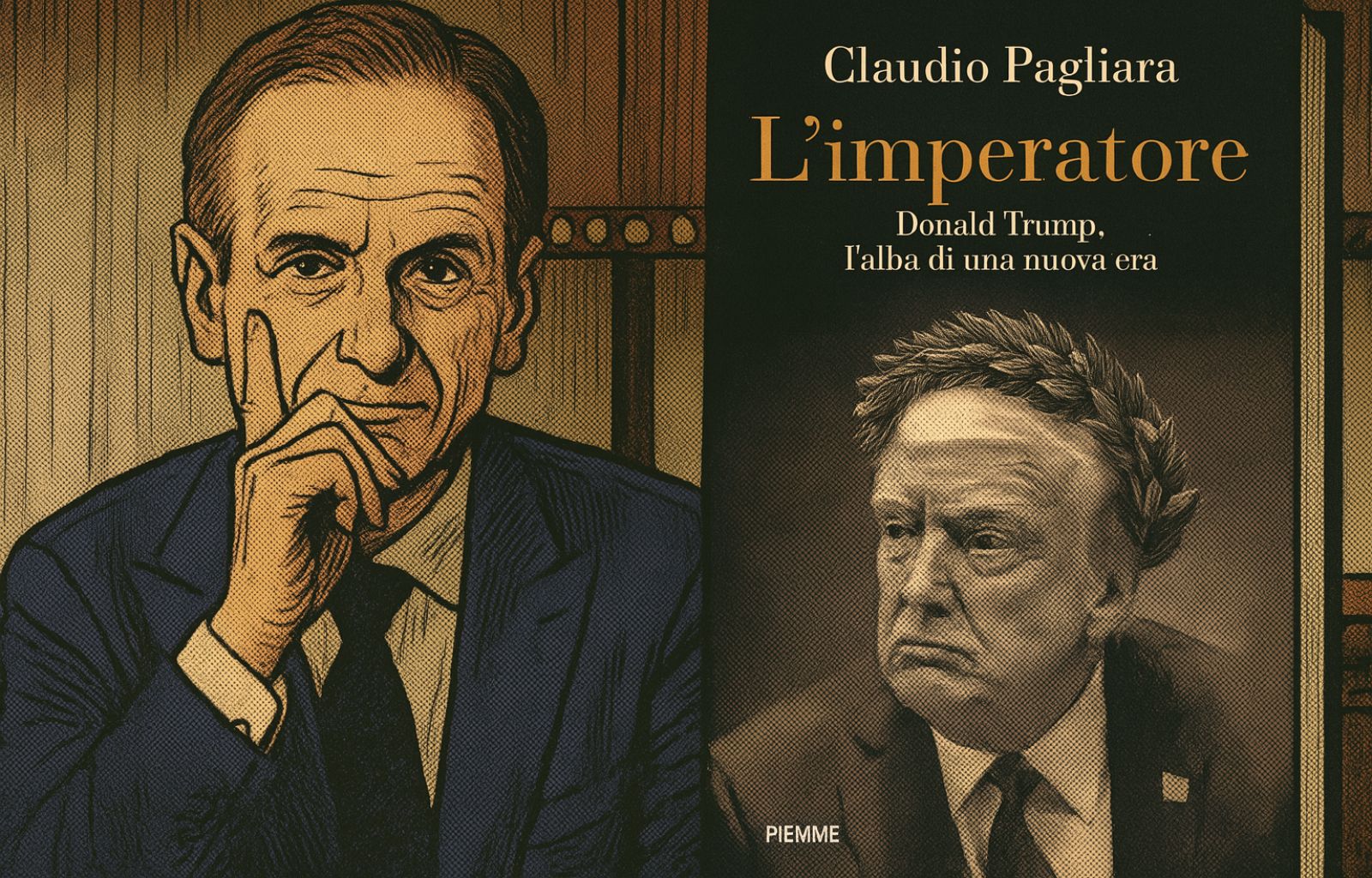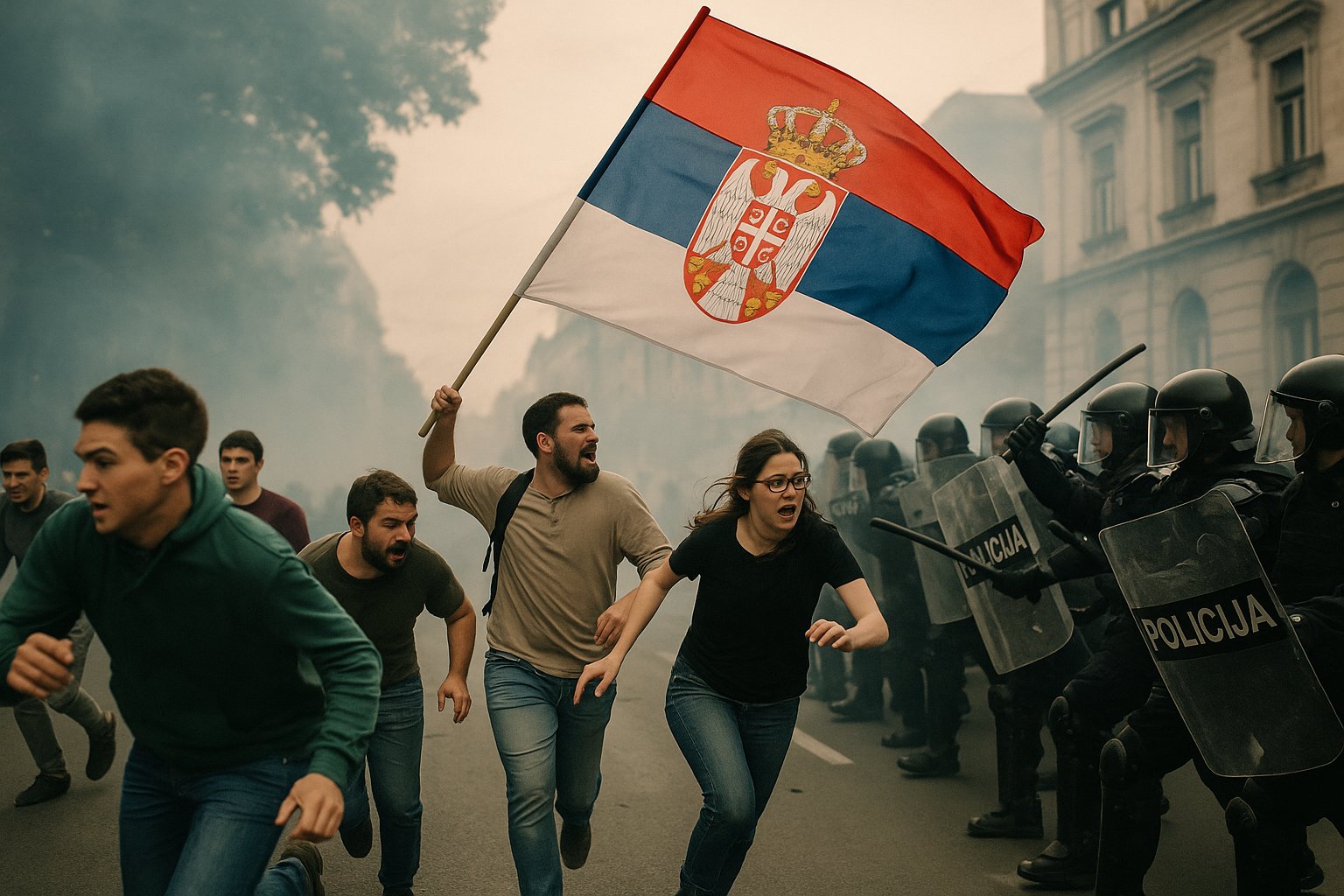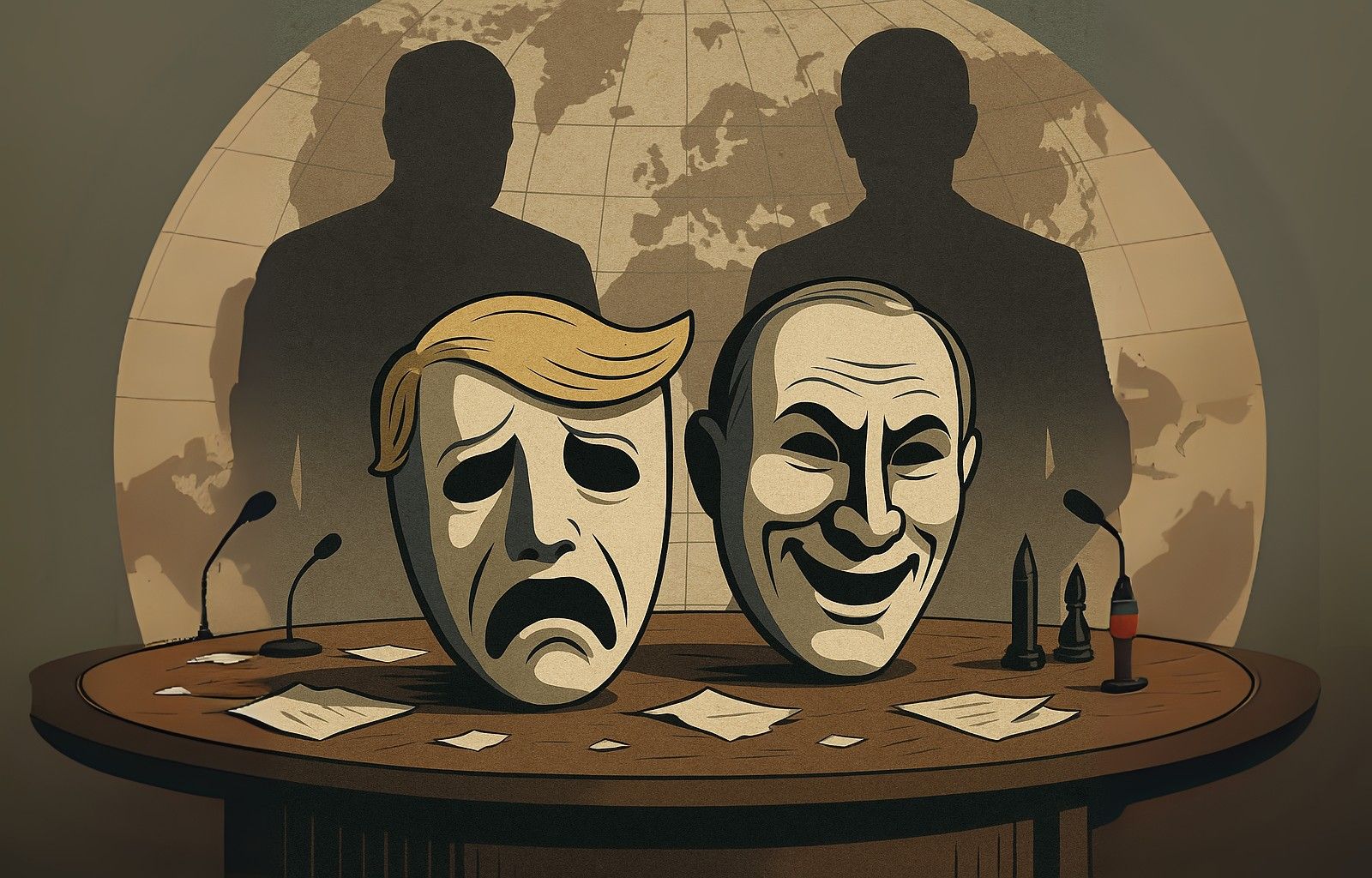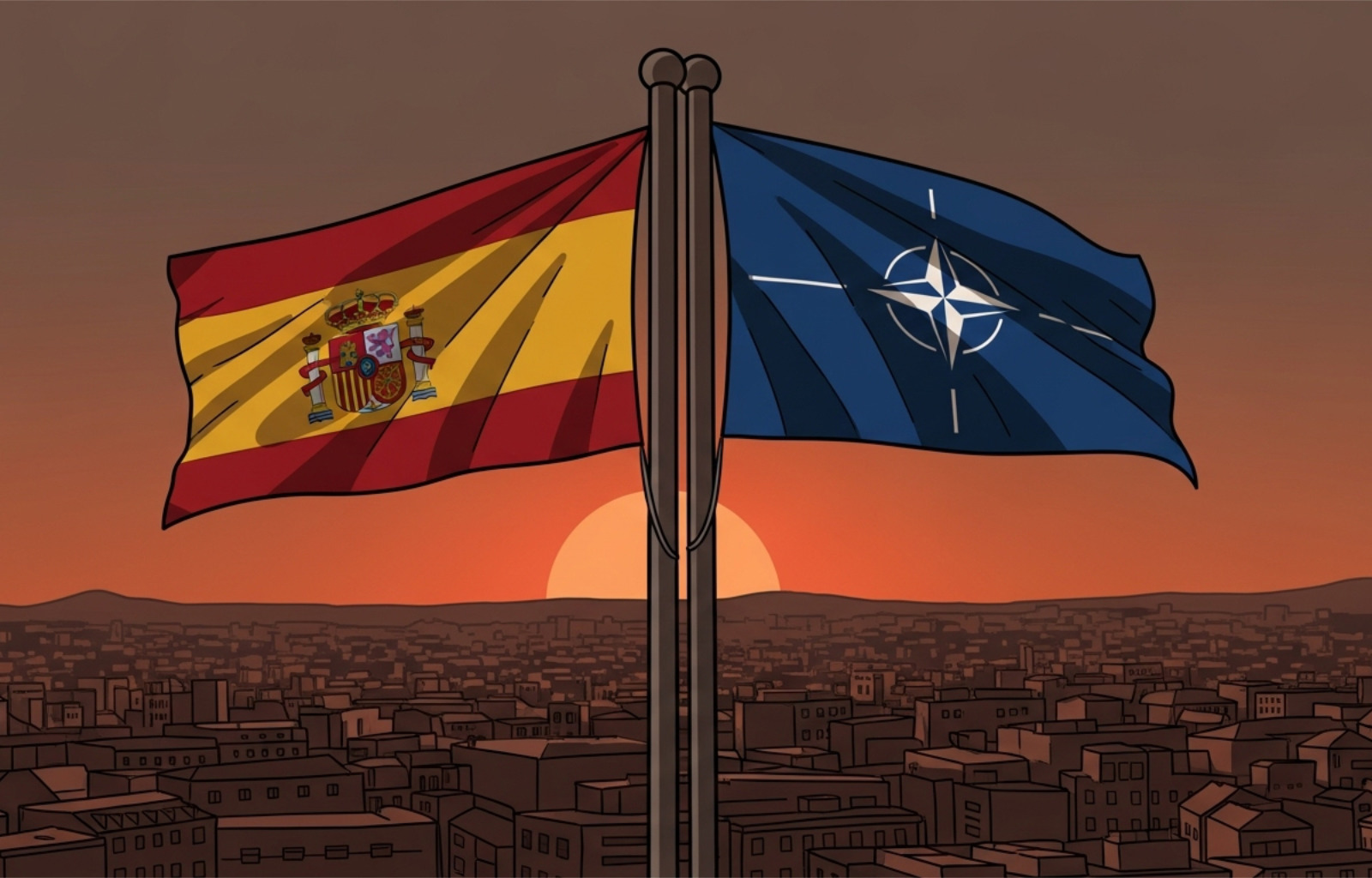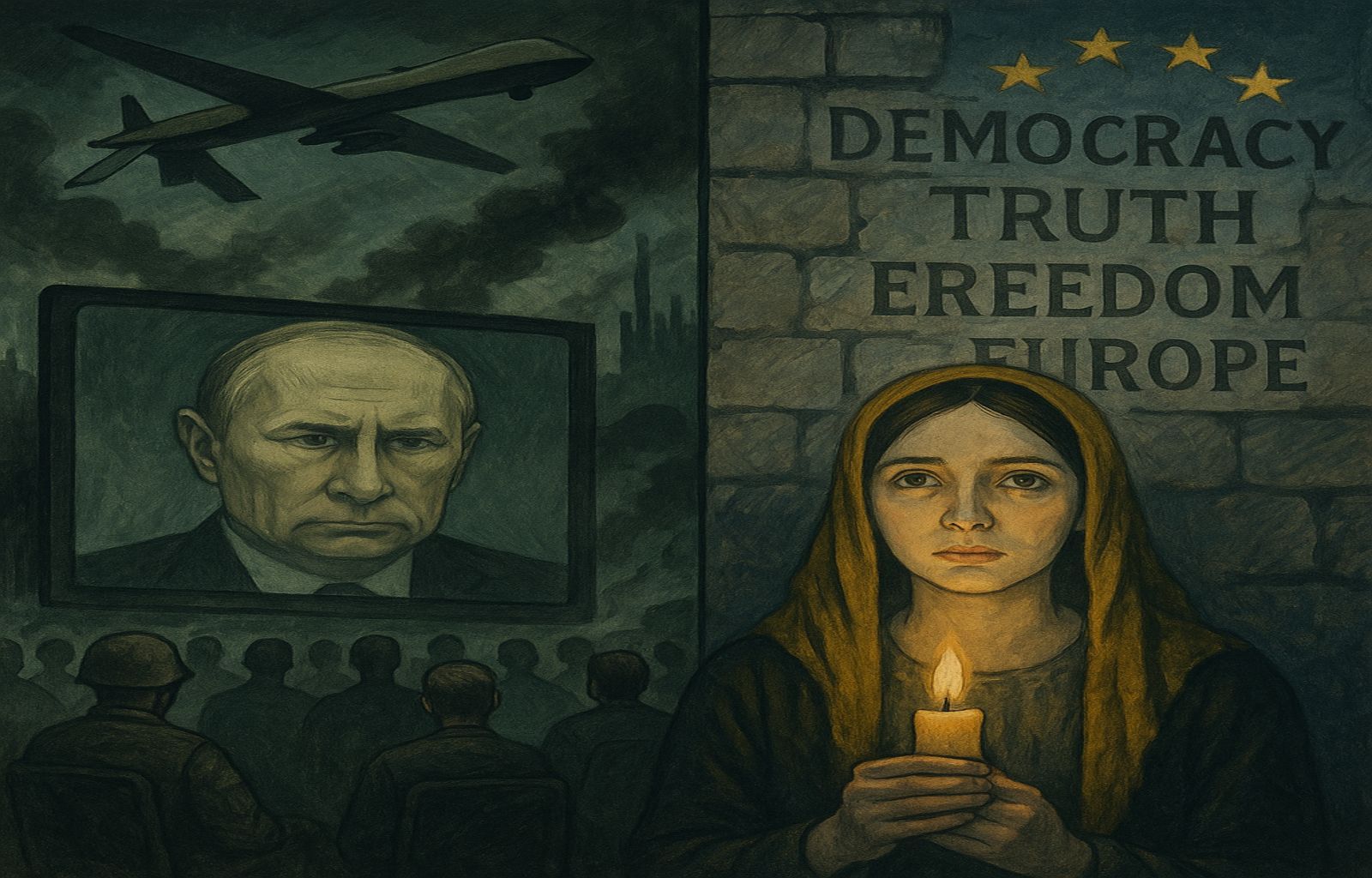How Poland is becoming the engine of Europe
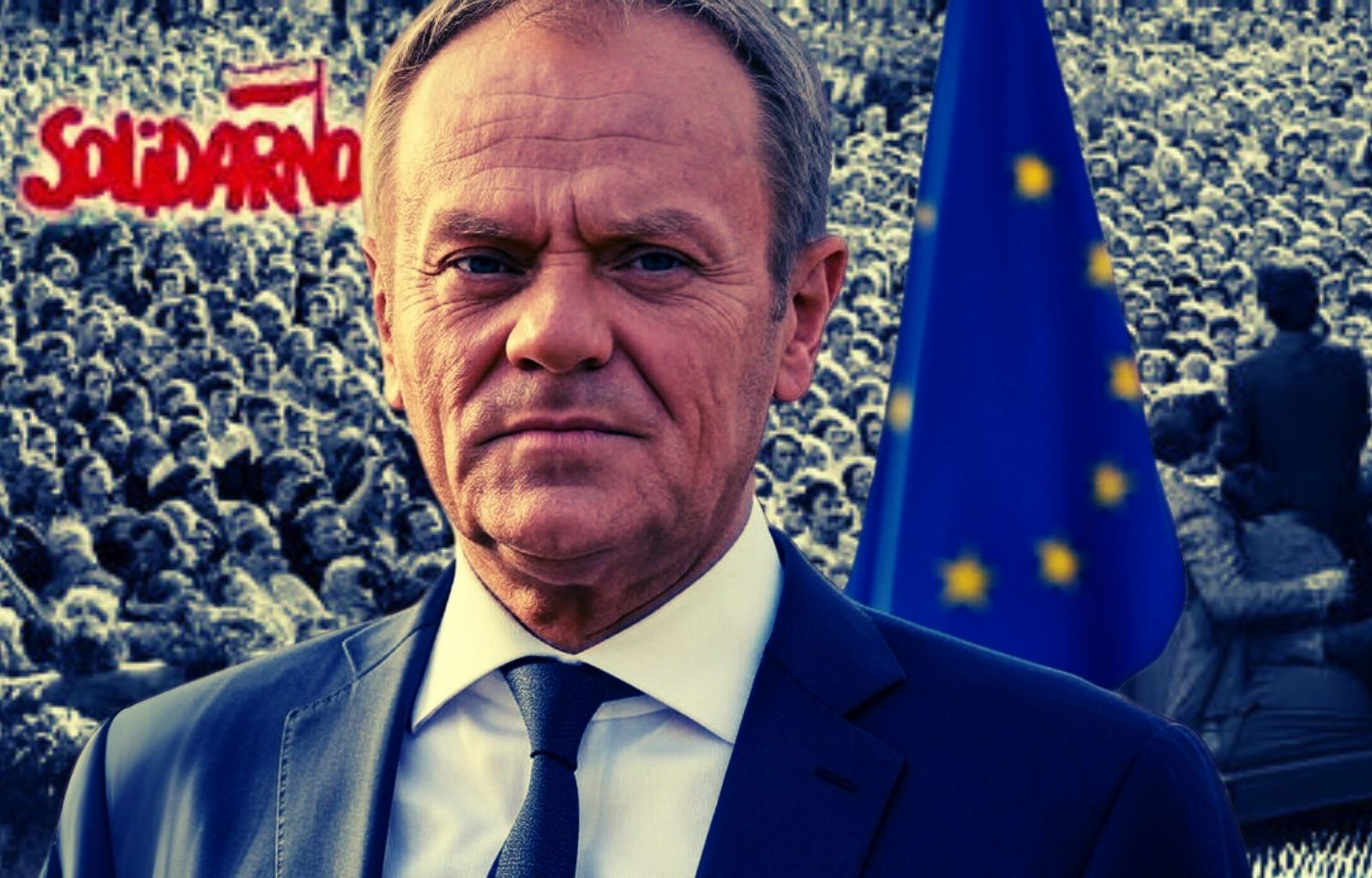
Warsaw’s new course away from Moscow and close to Brussels
Poland is not just a state; it is a bridge between East and West bathed by the Baltic Sea, a strategic borderland that has been battered and plundered over the centuries, but never folded. Adam Mickiewicz called it the‘Christ of nations‘, and in recent years we are witnessing its resurrection.
A past of domination and resilience
Poland’s history is steeped in struggle and perseverance. After the decline of the Polish-Lithuanian Confederation in the 17th century, the nation never formed an independent entity from foreign powers until 1989, with the sporadic exception of the Second Republic of Poland active between 1918 and 1939. Russians, Prussians, French, Austrians: all periodically foreign rulers on Sarmatian soil. In spite of this, the Polish people maintained a distinct national identity, rooted in the unshakeable Catholic faith and the patriotic appeals extolled by authors such as Chopin, the aforementioned Mickiewicz and Zygmunt Krasiński.
Independence from the USSR and rapprochement with the West
The pontificate of Cracovian Karol Wojtyła and the increasing financial aid from the Vatican and CIA to autonomist movements such as Solidarity led to the Polish people being the first to emancipate themselves from Soviet domination in the 1980s. In 1990, the first free presidential elections were held, won by trade union leader Lech Wałęsa. Following political emancipation, Poland gradually aligned itself with Westernist positions, joining NATO in 1999 and the European Union in 2004. However, the process of integration towards the liberal financial system and Western values was not easy: the economic transition towards capitalism was painful and Poles did not initially identify with European ideals. This brought strong political instability, leading in the 2000s to the consolidation in power of the Eurosceptic far-right PiS party, led by the Kaczyński twins. With PiS in government, Poland was for a long time considered the ‘black sheep’ of Europe, perpetually in infringement proceedings concerning civil rights and justice and little inclined to dialogue with other powers; so much so that between 2018 and 2021 it was not political fantasy to think of an eventual farewell of the Baltic country to the Union.

The change of course: The war in Ukraine
The war in Ukraine was a turning point for Poland. On the strength of its geographic location and historical aversion to Moscow, Warsaw was a pioneer in preparing for the imminent Russian threat. As early as December 2021, the then prime minister Morawiecki prophetically claimed:‘Putin will enter Ukraine in 2022‘, or‘We must prepare to review European gas supply strategies, Nord Stream 2 must be closed‘. When the invasion actually began in 2022, Poland responded quickly, providing military support and taking in millions of Ukrainian refugees. This readiness turned the ‘black sheep’ into a reliable ally within the EU, consolidating the privileged interlocutor with the US with a leading role in European decision-making. Since 2022 Warsaw has been increasingly influencing the EU agenda, playing a leading role in an unprecedented season of cooperation aided by the return to power in December 2023 of Donald Tusk, former President of the European Council and former Polish Prime Minister from 2007 to 2014, leader of the pro-European force Civic Platform.
Power politics and the new geopolitical leadership
Poland has not limited itself to humanitarian diplomacy, embarking on a mighty logistical reinforcement of its armed forces, with the approval of an ambitious plan that would make its army the largest in Europe by 2035, with 300,000 personnel and 5% of GDP allocated to military expenditure (Source: Polish Ministry of Defence). Poland’s prominence is not the result of circumstances and a new Europeanism, but has deeper roots that go all the way back to the Międzymorze, the power policy devised by the father of the country Józef Piłsudski in 1917, aimed at making Poland so strong as to be unassailable from both East and West. Piłsudski has historically been the ideological guide of PiS leader Kaczyński, but that is not why the government led by Donald Tusk has forgotten his teachings, in full accordance with the current foreign policy. Polish geopolitics, independent of the succession of political leaderships, pursues the will to power with the audacity that comes from historical geographical precariousness. This makes Poland a central player in the continental context.
The challenge of the European Semester and the future
1 January 2025 marked the start of the Polish-led European semester, a key juncture for the continental and global political future. Poland, with the crisis of the Paris and Berlin chancelleries, finds itself in a position to dictate the Union’s agenda; with one eye on Donald Trump’s United States, which has always been close to Warsaw from an anti-German perspective, and one on the Donbass and the upcoming peace talks that Tusk is particularly attentive to. Whether 2025 will be the year of the definitive shift to the east of the European political axis is too early to say; one thing is certain: a giant is being born between the Sarmatian steppes, and it does not seem intent on stopping.



